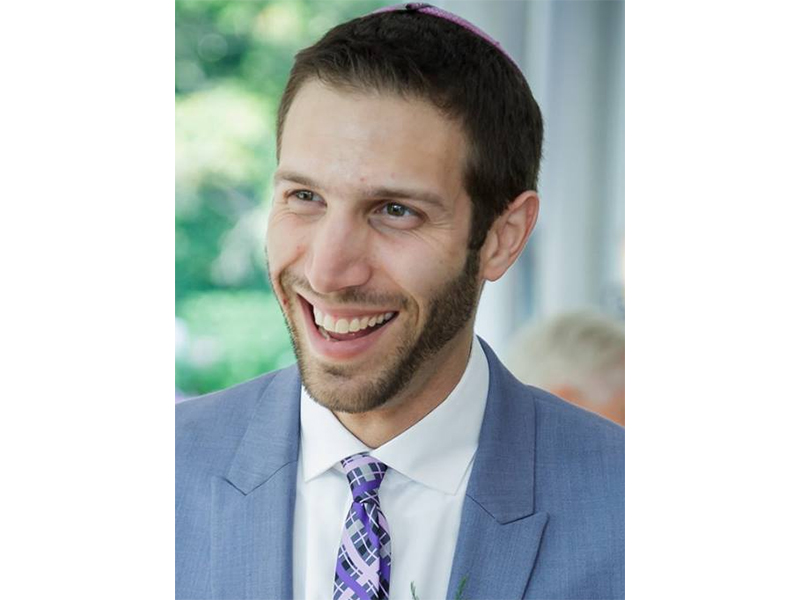It’s lately become an almost weekly occurrence for U.S. Rep. Ilhan Omar to face accusations of anti-Semitism. At this point, the pattern has become clear: Omar, the recently elected Democratic representative from Minneapolis, says, often via social media, something incredibly offensive to Jews – claiming Israel “has hypnotized the world” or declaring that American support for the Jewish state is “all about the Benjamins” (in other words, money) or accusing pro-Israel Americans of holding “dual loyalties.” After standing by her comments for a few days, even in the face of public criticism from within her own party, Omar apologizes, assuring us she’s learned a valuable lesson about anti-Semitism. Then the cycle begins anew.
The latest addition to the genre came over the weekend, when Omar responded online to fellow House Democrat Nita Lowey. Lowey had attempted to explain why the dual loyalty charge is so hurtful to Jews, prompting this tone-deaf response from Omar: “I should not be expected to have allegiance/pledge support to a foreign country in order to serve my country in Congress or serve on committee.”
The backlash was swift from the right and centre, as well as from the left. (Many of these same critics were also quick to denounce a racist poster found at a Republican-sponsored event in West Virginia on Saturday, linking Omar to 9/11.)
On Sunday, Omar expressed how grateful she is for her “many Jewish allies.” That support is dwindling by the week, surely, but some Jewish groups continue to back Omar, echoing her claim that the criticism she encounters is a manifestation of Islamophobia and has nothing to do with anti-Semitism. Among Omar’s more vociferous Jewish supporters is the anti-occupation group IfNotNow (INN), and last weekend it again came to her aid, claiming, “We’re fighting to change our community, just as (Ilhan Omar) is fighting to change our country.”
INN’s activism, which notoriously includes disrupting Birthright Israel trips, is at the centre of Canadian Jewish controversy, too. As reported in this week’s CJN, a keynote speaker was recently disinvited from the annual Shabbat Across Winnipeg festivities due to his ties to INN. Lex Rofeberg, an American rabbinical student, had been scheduled to speak on the topic of “digital Judaism” before he was outed as an INN member, at which point the local federation withdrew its support for the event, prompting organizers to drop him. (Rofeberg’s presentations over the weekend at the local Limmud festival – titled “Winnipeg Jets or Winnipeg Jews” and “Your Podcast Is My Synagogue” – went ahead as scheduled.)
READ: FROM YONI’S DESK: HAS BIBI FINALLY GONE TOO FAR?
The crux of the argument for disinviting Rofeberg comes down to this: why extend an invitation to someone affiliated with an organization that has a history of “harassing pro-Israel organizations and events like Birthright and Ramah summer camps,” as one of the leaders in the campaign to sack Rofeberg put it. There is an undeniable logic to that line of thinking, but it is countered in this instance by one key fact: Rofeberg was not in Winnipeg to speak about Israel. He was there to talk about, and engage in, Jewish learning. Instead, he became the subject of a loyalty test. Seems there’s a lot of that going around these days.
